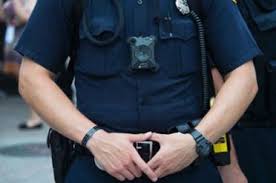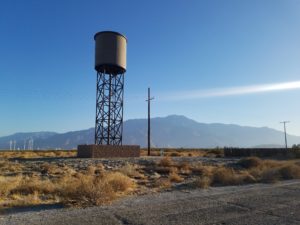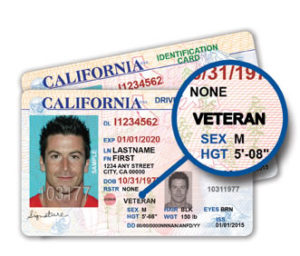
featured image courtesy of ncjrs.gov
The Fresno Bee
When two California lawmakers came together Tuesday to champion a bill that would block police departments from using facial recognition technology in their body cameras, it was personal.
After all, both lawmakers — Assemblyman Phil Ting, D-San Francisco, and Assemblyman Reggie Jones-Sawyer, D-Los Angeles — were among the 26 state legislators who were falsely identified as criminals when their portraits were compared to a mugshot database.
Ting, who has co-sponsored Assembly Bill 1215 along with the ACLU, argued that body camera technology was implemented across the state in order to build community trust and police accountability.
“Instead of a tool that is really supposed to build bridges, it now becomes a tool of surveillance,” Ting said at a press conference Tuesday.
Ting said the fact that his face, and those of 25 other lawmakers, showed up as a positive match by the facial recognition program was a demonstration “about how this software is absolutely not ready for primetime.”
Jones-Sawyer, who chairs the Assembly Public Safety Committee, warned of the damage facial recognition could do in minority communities.
“Too often minorities are confused for others,” Jones-Sawyer said. “I’ve heard of far too many cases of mistaken identity leading to arrests, in the worst cases death. This is without technology which threatens to automate mistaken identity and risk the health and safety of countless people of color.”
Jones-Sawyer recounted a time he recently was pulled over by a California Highway Patrol officer in front of his own home. His license plate had recently been stolen, and the officer believed Jones-Sawyer might be driving a stolen vehicle.
While Jones-Sawyer, who is black, said he was able to negotiate the stop due to advice his father gave him about how to deal with police, he questioned what might have happened had his face come up as that of a wanted criminal.
“We would have a different situation right now, and I may not be here right now,” he said.
AB 1215 is expected to be heard on the Senate floor soon, having passed out of the Senate Public Safety Committee.








